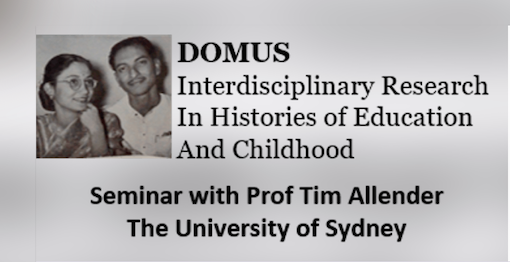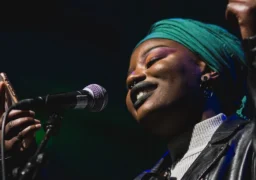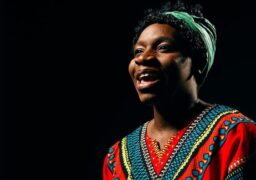
Prof Tim Allender
Post/colonial vistas of religiosity in India: Loreto’s Modernity Turn, 1904-2010
Visual representations of school settings that assume feminine identity, engage scholarship that focusses upon who controls the forums of image making and why such studies need to relate strongly to cultural history.[1]Gendered spaces are in play here and the work of Ian Grosvenor and Catherine Burke feature prominently.[2] This field has yielded rich and revolutionary perspectives in the past 15 years about child learning in non-verbal and non-textual ways despite Karl Catteeuw et al.’s provocative claim that the pictorial turn, given its limited scope, can only really complement textual sources, (included in a vibrant collection of essays edited by Kevin Myers and others.[3])
Translating the production of images across colonial boundaries creates other engaging problematics. The influential work of Chris Pinney, regarding the subcontinent, sees these colonial images as exemplifying the Eastern as a cultural ‘curio’, on display to Western-minded individuals, but also symptomatic of India’s failure to reach a seemingly attainable global ‘modernity’.[4] Other work sees two main categorisations of such image making in colonial India: the first category concerns traditional displays of colonial imposition, but there is a second category where the image, itself, undoes the white cultural language of empire.[5]
Entangled within these crosscurrents of academic research on image making and education, is the work of Loreto in Kolkata. Loreto is a Roman Catholic teaching order for girls, that was first located in India in 1841. It survived the Great Revolt of 1857, founded the first liberal arts and education colleges for women in Bengal in 1912/1913 and produced the likes of Mother Teresa in 1945. A study of this local site, creating trajectories out to the transnational world, reveals image making that traces its strategies and journeying from the colonial world into the Indian independence eras, where it flourishes today as it models social outreach that are heavily indigenized. Studies into transnationalism in the twenty-first century, such as that of Michael Geyer, have concluded that it has been interaction between different societies, instead of internal evolution within these societies, that has been the principal dynamic for development and modernity.[6] However, this paper challenges this view, where the visual record of Loreto reveals a highly evolutionary local site in the transnational world, which embraces Indian notions of modernity, despite being anchored in Western religiosity, and once being attached to a long-past colonial project.








